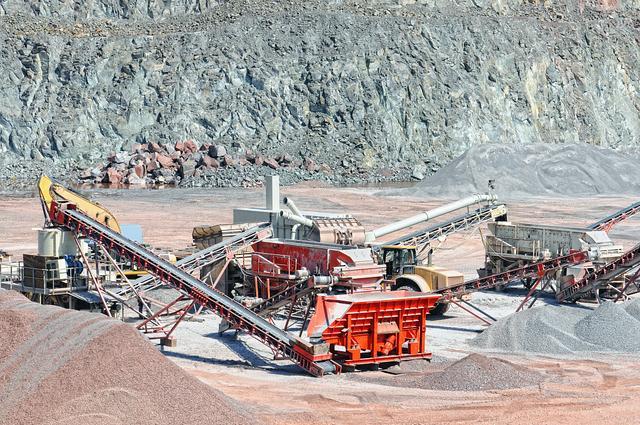(ATF) China has passed an export control law that seeks to punish US restrictions on the use of Chinese technology by choking American access to critical rare earths supplies.
In what state officials have described as a “Trump card” it plans to play against the administration of President Donald Trump, China will put barriers on the the trade in material considered sensitive to the Chinese state.
The law is seen as being targeted at preventing Chinese rare earths finding their way into the hands of American companies. The 17 minerals that are used in strategic industries such as electric-vehicle batteries and smartphones have become the latest focus of the two-year Sino-US trade war.
ORE WARS: China hits Aussie exports, but there’s one commodity they won’t touch
China is leveraging its position as the world’s largest producer of the commodities in retaliation for American sanctions on Chinese tech firms such as Huawei and chip maker SMIC, which Trump said pose a threat to national security.
The point was made explicit by state officials who said of the American sanctions that “the White House is hysterical about China on the one hand, and guilty on the other”.
The latest target of Trump’s war on Chinese firms is Ant Financial, a fintech giant whose imminent dual IPO in Shanghai and Hong Kong is expected to be the biggest in history. Washington wants Ant on its “blacklist”.
China’s Export Control Law of the People’s Republic of China was officially approved by the Standing Committee of the National People’s Congress on October 17 and will be officially implemented on December 1.
According to the law, any sensitive materials and technologies included in the export control list will be subject to strict restrictions, including dual-use items, military products, nuclear materials, and other related goods, technologies, and services that involve China’s national security and interests.
FINTECH: Ant Group ‘gets nod’ for HK leg of $35bn dual listing
On August 28, the Ministry of Commerce and the Ministry of Science and Technology issued the Catalogue of China’s Export Prohibited and Restricted Technologies, which stipulates that all listed technologies must be approved by the relevant competent authorities when they are exported.
This regulation has so far helped prevent TikTok from being forcibly acquired by US companies. On September 19, the Ministry of Commerce of China also issued the Regulations on the List of Unreliable Entities, which prepared for companies, organisations or individuals that endanger China’s national security or violate market transaction principles and cause serious losses to Chinese companies, including prohibiting them from engaging in China-related matters.
Those are not likely to be the last of China’s retaliatory moves. It plans to play three more “aces” in the next couple of months, authorities announced without elaborating.
“Those with ulterior motives to provoke China must be carefully weighed,” the government statement read ambiguously.
























